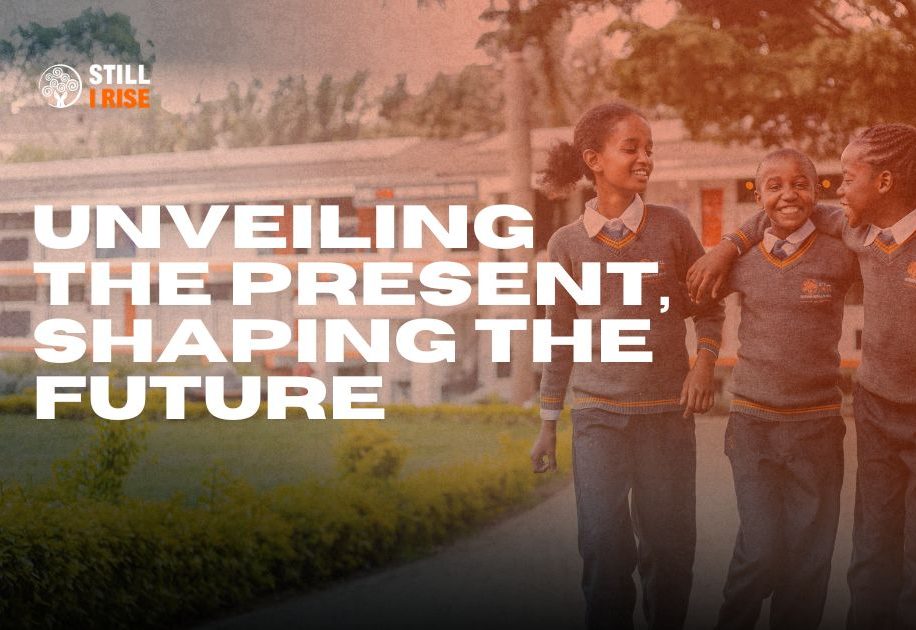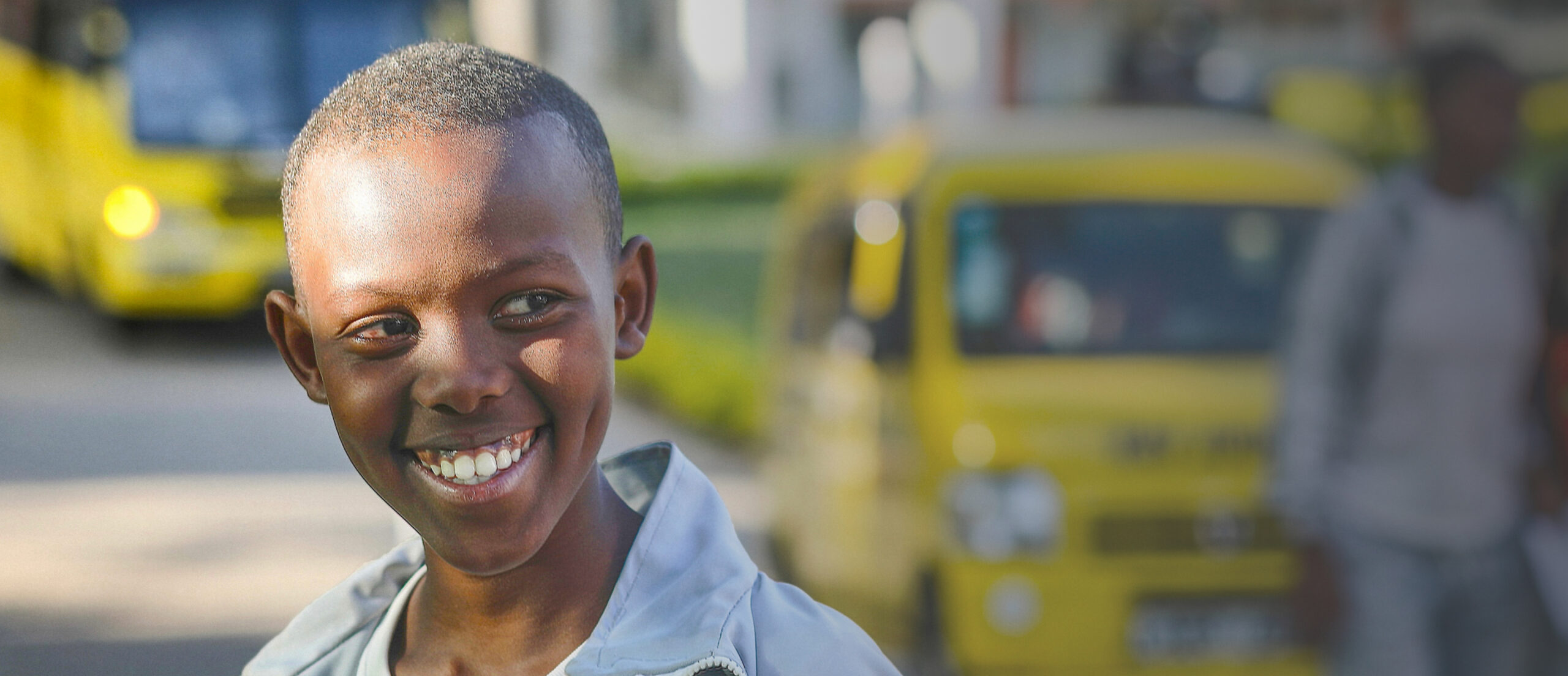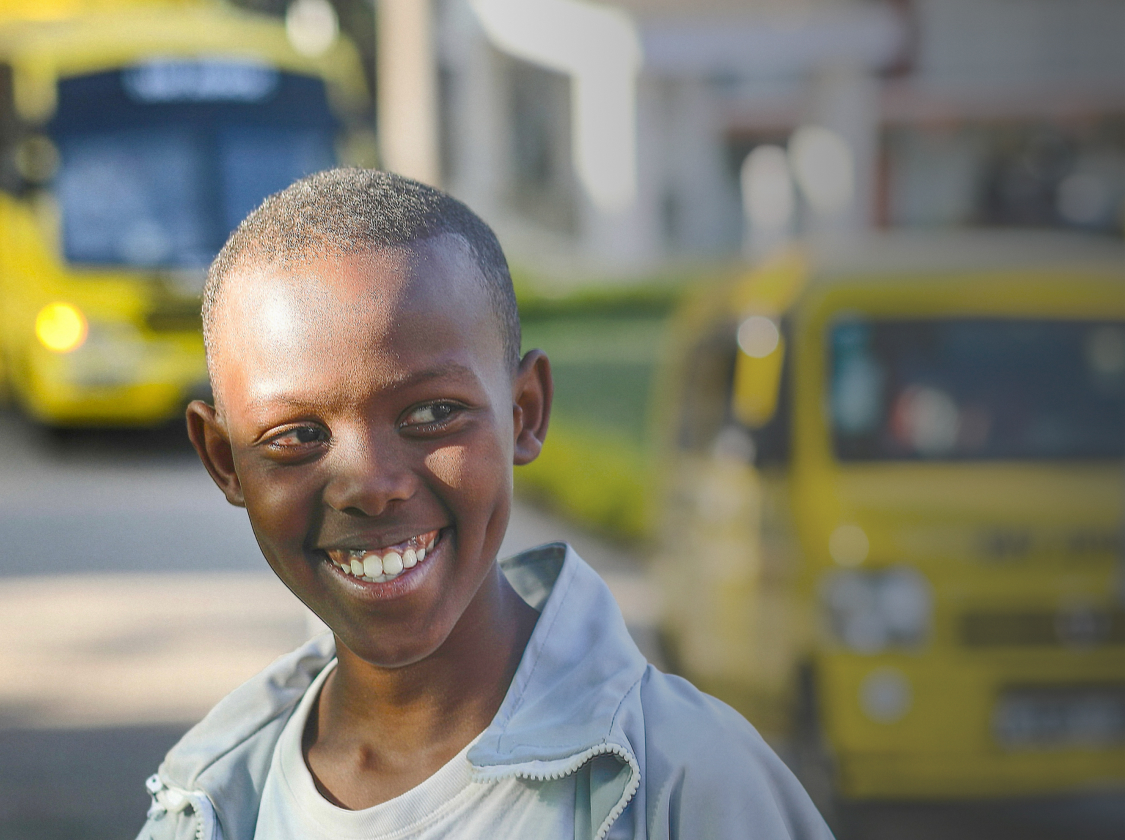The evidence of inequality
What are the challenges of global education amid migration, conflicts, and child labor? These and other pressing issues are the focus of the report “Unveiling the Present, Shaping the Future,” published by the nonprofit Still I Rise.
The report highlights the urgent need for concrete action to guarantee the right to education for the most vulnerable children, with a special focus on gender disparities. It draws from data collected in Still I Rise schools in Yemen, Syria, the Democratic Republic of Congo, Kenya, and Colombia.
Across the world, more than 250 million children do not attend school, and for girls, access to education is even more challenging. 11.8% of girls and young women aged 6 to 17 are out of school. Additionally, among the 754 million illiterate adults worldwide, nearly two-thirds are women.
Extreme poverty and instability make it even harder to access education. Approximately 47.2 million children have been displaced due to wars and conflicts, and many out-of-school children live on less than $2.15 per day.“This reality is not just a statistic; it represents millions of lives deprived of the opportunity to build a better future. These figures offer a snapshot of the educational inequality of our time, highlighting a crisis that demands immediate action,” says Giulia Cicoli, co-founder of Still I Rise.
Still I Rise operates in some of the most difficult areas in the world, providing free, high-quality education to the most vulnerable children. The report focuses on the students and families who rely on these schools, revealing stark inequalities in access to education. Below are some key findings..
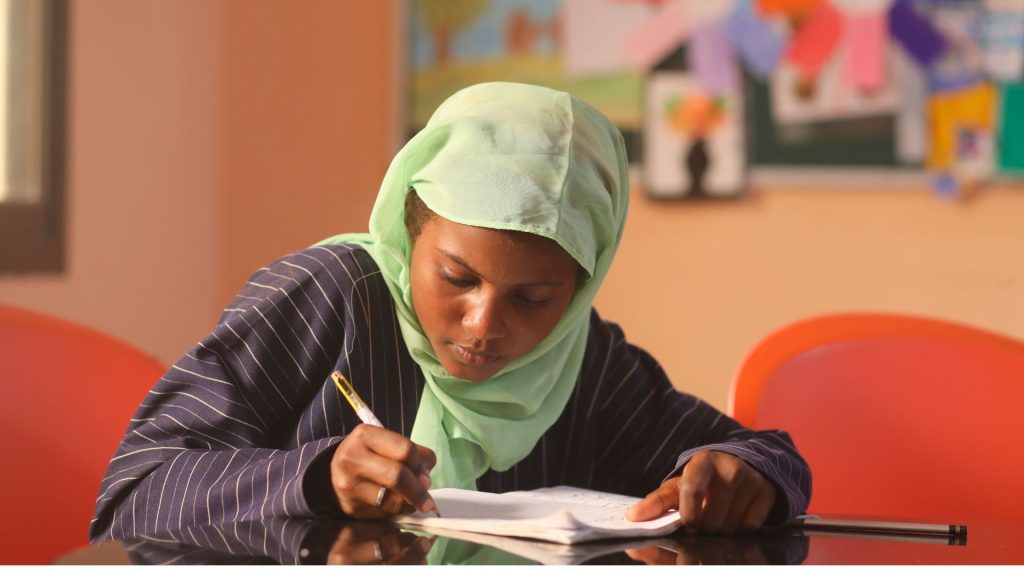
Yemen
Among the families supported by Still I Rise, 66% are internally displaced, and 36% depend entirely on humanitarian aid. The average household income is between €200 and €300 per month, which is not enough to cover basic needs. As a result, many children—some as young as 8 years old—are forced to work to support their families, compromising their health and preventing them from attending school.
The situation for women is particularly harsh: 72% have never been to school, and 54% were married as children. In many cases, child marriage is seen as the only way to escape extreme poverty, but it deprives girls of education and leaves them with an uncertain future.
D.R. Congo
Internal migration to mining areas like Kolwezi has forced many families into extreme poverty. Still I Rise reports that 70% of the families connected to its school rely on mining work to survive. Children start working at an average age of 13, and in the worst cases, children as young as 1 or 2 years old are found engaged in mining activities.
Women in particular face significant barriers to education: over 30% have never attended school, and many never made it past primary education. Early marriage is widespread, and in 53.5% of cases, women are the sole heads of their households due to their husbands’ abandonment, migration for work, or death. This leaves them with enormous economic and social burdens, further compounded by limited job opportunities due to a lack of education.
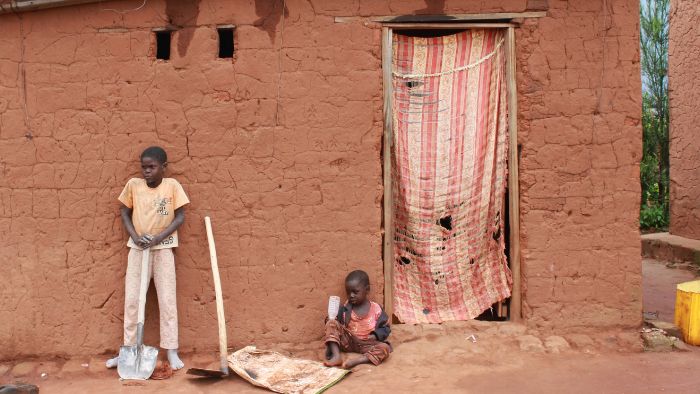
Colombia
Extreme economic hardship affects many families, with an average monthly income of €278. Most families depend on informal and unstable jobs, leaving thousands of children without a clear future. Education levels are low: 50% of the families surveyed left school before the age of 16, limiting access to stable employment and perpetuating intergenerational poverty. A striking 94% of households are led by women, even in cases where a partner or husband is present.
In Ciudad Bolívar (Bogotá), women carry the economic burden of their families, often without any stable support and in vulnerable social and economic conditions. Moreover, 54% of mothers had their first child during adolescence, further restricting their opportunities for education and employment.
Kenya
The Mathare slum in Nairobi—home to more than 500,000 people—is marked by severe poverty. 80% of families live in one-room tin shacks, with limited access to clean water and shared public latrines. Only 50% of children complete primary school, as many are forced to work to contribute to their family’s income. They often take on jobs such as waste collection or selling goods in markets.
Girls face additional barriers: six out of ten teenage girls lack access to menstrual hygiene products, which leads to frequent school absences. Gender-based violence is another major concern, with 40% of girls aged 12 to 18 reporting harassment or physical abuse. Access to maternal healthcare is also scarce, putting many women at high risk during pregnancy and childbirth.
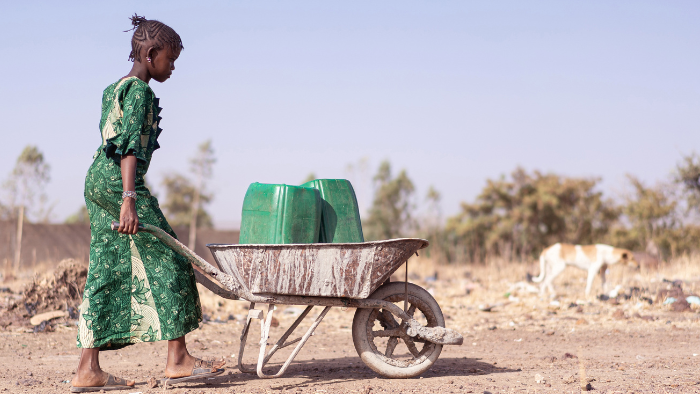
Syria
Over a decade of war has devastated the country, leaving more than 70% of homes damaged or destroyed. 90% of the population lives below the poverty line, and the average monthly salary is less than $20. Women are particularly vulnerable, with eight in ten displaced women lacking stable income.
Due to financial hardships, one in four children is forced to work to support their family, and 60% of girls in refugee camps do not attend school. Among Still I Rise students, 98% live in tents, and 39% have lost either their mother or father.
A call to action
The report “Unveiling the Present, Shaping the Future” underscores the urgent need to break the cycle of poverty and marginalization that threatens the future of millions of children. “Investing in education is essential to providing opportunities and building more equitable societies,” concludes Giulia Cicoli.
“In Yemen, Syria, Kenya, the Democratic Republic of Congo, and Colombia, millions of young people bear the weight of suffering—but they also carry the strength to rewrite their own stories and reclaim their stolen dreams. We will continue to fight against war, against child labor, and against all injustices that prevent children from reaching their full potential.”
